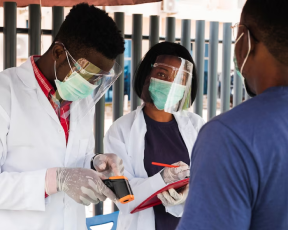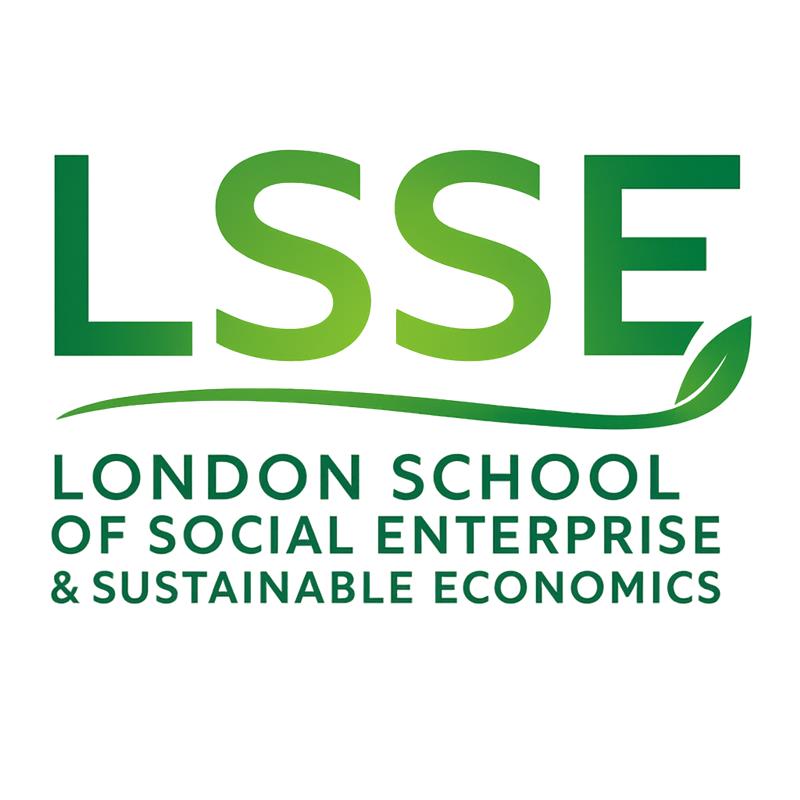
UN Supports Social Innovative Response to COVID-19 in Europe and Asia
- Posted by lsseeduadmin
- Categories COVID-19
- Date May 13, 2020
The UNECE region, in particular Europe and North America, has become the epicentre of the COVID-19 pandemic. Apart from the the devastating impact on lives and health, countries in the region are suffering heavy socio-economic consequences. For instance, the Gross Domestic Product (GDP) is projected to fall by 6-7 per cent in 2020 as a result of the crisis. Unemployment will rise significantly. Trade, transport and mobility across borders are severely hampered.
Countries in the Eastern part of the region – Eastern Europe, the Balkans, Caucasus, Central Asia – are hit particularly hard by the economic and social impacts and often have less capabilities to respond to the crisis. While the situation varies in each country, declining remittances from labour migrants, massive capital outflows from emerging markets, oil prices plummeting, and worsening conditions for external financing are generally taking a heavy toll on economies and societies in these subregions.
Governments across the entire region are tackling the crisis with decisive measures aimed at providing fiscal and financial stimulus and supporting employment to soften the downturn.
The UN system in Europe and Central Asia, whose joint activities are co-led by UNECE, the UNDP Regional Bureau for Europe and the Commonwealth of Independent States (CIS), is actively supporting the immediate socio-economic response with a focus on the particularly affected programme countries in the Eastern part of the region. The support responds to the most pressing needs that are regularly discussed with Resident Coordinators in the countries. Activities are closely coordinated among Regional Directors of UN entities and rooted in the UN’s overall socio-economic response framework.
Expertise, guidance and tools to deal with the crisis are mainly provided through the regional UN Issue-based Coalitions (IBCs), for example:
• The IBC on Gender Equality issued a Guidance Note on Gender and COVID-19 for Europe and Central Asia, which includes key messages, advocacy points and recommendations for Resident Coordinators and UN Country Teams;
• A policy brief on COVID-19 and social protection by the IBC on Social Protection is forthcoming. In addition, a tool to assess the impact of COVID-19 on labour markets, developed by ILO, is channeled through the IBC;
• A new IBC on Sustainable Food Systems has been established and will provide, inter alia, joint analysis and guidance aroundthe impact of COVID-19 on food systems across the region.
UNECE’s immediate focus has been to uphold connectivity, e.g. by offering an observatory with updates on cross-border limitations worldwide, and to provide COVID-related guidance in a number of policy areas, such as statistics, trade facilitation, infrastructure and urban development.
Beyond the immediate response, the regional UN system will support governments in embarking on a sustainable recovery that is closely connected with the Sustainable Development Goals (SDGs) and the needs of a green transformation.


